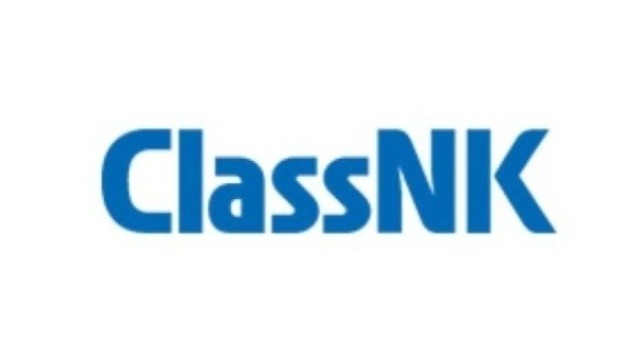ClassNK and 22 Industry Players Kick Off Ammonia Fuel Studies

Industry players set up “Joint Study” framework for studying common issues on ammonia as an alternative marine fuel, to get ready to IMO’s decarbonization targets, including energy, mining, power utility, chemical, terminal, shipping, shipbuilding, manufacture, bunkering, and classification society.
Parties of total 23 companies including ClassNK have entered into a memorandum of understanding on joint study of common issues on ammonia as an alternative marine fuel beyond industry boundaries. The 23 founding signatories of this Joint Study framework include ABS, ANGLO AMERICAN, CLASSNK, DNV, EQUINOR, FORTESCUE METALS GROUP, GENCO SHIPPING & TRADING, JERA, K-LINE, MAN ENERGY SOLUTIONS, MITSUI E&S MACHINERY, NIHON SHIPYARD, NS UNITED, PAVILION ENERGY, TOTALENERGIES , TRAFIGURA, UBE INDUSTRIES, UNIPER SE, UYENO TRANSTECH, VALE, VOPAK TERMINAL SINGAPORE, ITOCHU ENEX and ITOCHU. In line with the agreed procedure, common issues including (1) Safety assessment of NH3 fuel ship under guideline, (2) Safety assessment of NH3 bunkering, (3) NH3 fuel specification, and (4) NET CO2 emission at NH3 production, are going to be discussed in this Joint Study framework. Moreover, this framework may ask some of NH3 producers, relevant international organizations, port authorities/regulators in potential bunkering countries to share their opinion, view, expertise and experience.
This Joint Study framework keeps door open for companies or organizations which have an interest in participating this Joint Study. Please contact ITOCHU (see below contact details) or any participants.
With international momentum towards the transition to a decarbonized society since the Paris Agreement came into effect in 2016, the International Maritime Organization (IMO) adopted a strategy for the reduction of greenhouse gas (GHG) emissions within the maritime industry in 2018. This strategy sets targets to reduce CO2 emissions per transport work – as an average across international shipping – by at least 40% by 2030 (compared to 2008 levels), to reduce CO2 emissions by 50% by 2050, and to phase them out entirely (zero-emissions) during this century. In order to achieve these goals, the early adoption of ammonia as a suitable zero emission, alternative marine fuel is one of the key elements.
The purpose of this Joint Study is not limited to verify and sort out common issues on ammonia as an alternative marine fuel which is new challenges of all of maritime industry players, but also the key element closely linked to the integrated project with the development of ammonia fueled ship and the development of worldwide supply chain of ammonia by ITOCHU and other partners. ClassNK intends to promote initiatives to reduce GHGs with the cooperation of domestic and overseas clients, as well as the relevant government agencies.
The products and services herein described in this press release are not endorsed by The Maritime Executive.
